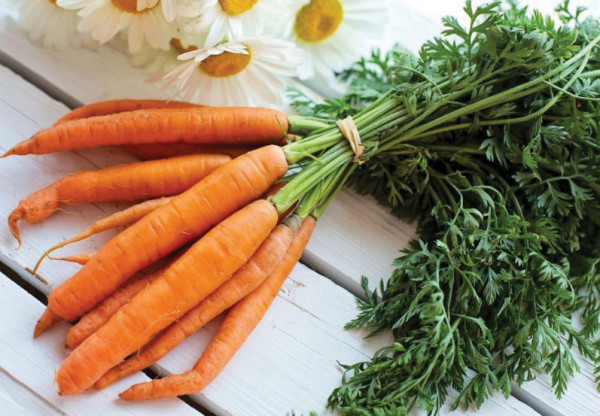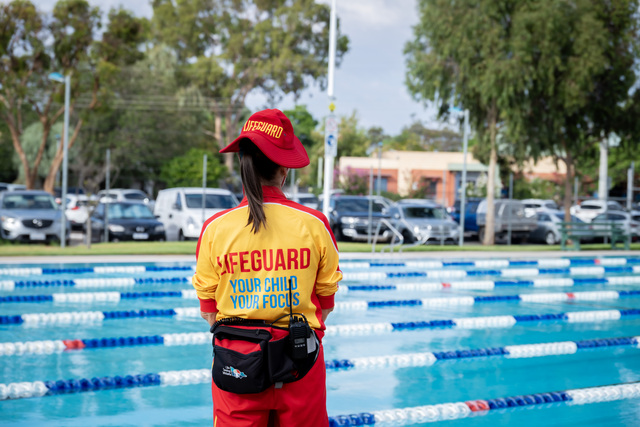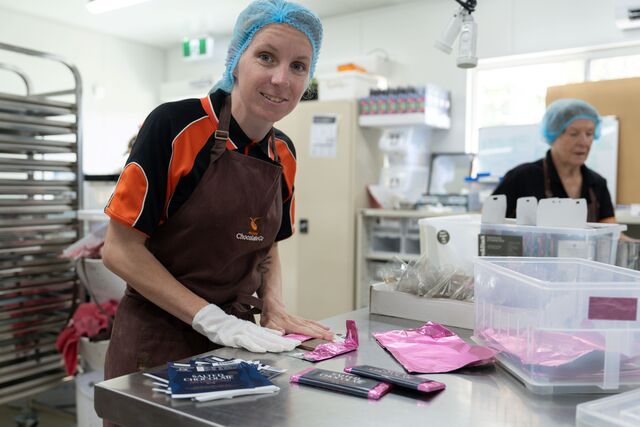Frozen vegetables are cheap? Frozen food is poor quality? Fresh is best? All gross misconceptions about the counterparts of fresh produce. For those of you who frequent the local supermarkets for your weekly fruit and vegetable produce, then it’s most likely you’ll automatically opt for the fresh varieties. But as you neglect the frozen food aisles you’re at risk of short changing your nutrition. Mildura-based nutritionist Danielle Wilcock, delves into the fresh vs frozen debate.
FROZEN produce can be equal, or of superior value when it comes to nutritional status, quality, shelf-life and especially cost.
Vegetables and fruits that are freshly picked, or ‘snap’ picked as it’s sometimes referred, from the farm or indeed your own garden/allotment are undoubtedly of the highest quality and therefore of superior nutritional value.
But when it comes to fresh supermarket produce this is almost always not the case.
Unless produce is sourced from local growers and farmers, then supplied to your local supermarket, the foods that are marketed and advertised as ‘fresh’ are arguably nowhere near that.
The food miles that ‘fresh’ produce travels is astounding in some cases, and it’s because of this that the nutritional value and quality are undeniably affected.
Frozen produce on the other hand is almost always picked at peak ripeness.
Therefore the nutrient as a whole is not impacted negatively by storage, heat exposure and food mileage.
The nutrients within are preserved far more efficiently and effectively than their fresh counterparts, making them far better for you nutritionally.
So what does this mean?
Well nutritionally speaking, it would be advised to choose a mix of the both fresh and frozen fruits and vegetables, opting for locally sourced fresh produce where possible.
Below is a recap of why a mixture of both fresh and frozen produce would be advisable.
Some pros and cons are quickly summarised, hopefully helping those who shy away from frozen, not to in the future.
Fresh
First of all let’s talk texture. There is nothing quite as good as biting into an apple that’s crunchy or a ripe and juicy cherry tomato.
Fresh produce will unfortunately always have this over frozen.
There is also a greater variety of fresh fruits and vegetables available in supermarkets and local stores compared to their frozen counterparts.
Additionally, choosing fresh allows for seasonal eating, which not only enhances the eating experience, texture and crispness is far better, but this also promotes variety over the year, which in turn enhances consumption of a wide range of vitamins and minerals.
Frozen
Frozen produce has many benefits nutritionally and financially while also providing convenience.
Frozen vegetables are ‘snap’ frozen.
This means that they are frozen soon after being picked.
This therefore means that the nutrient density is often significantly higher than the fresh produce that has been sitting in the fridge for the past week or so.
Frozen vegetables are also economically more viable for most, especially those leading busy lives and large families with many mouths to feed and who need to get the most out of their weekly shop.
Frozen foods can be stored effectively in the freezer and won’t spoil, making them accessible for future use, whenever required.
The ease of storage also enables for food to be used as and when required, thus reducing food waste.
Another thing to consider when it comes to fresh fruits in particular is the oxidation process that occurs when it is stored improperly, or alternatively, when it is been processed.
The fruit can lose much of its nutritional value.
The oxidation process is a natural chemical process that is harmful to many nutrients and it’s this process that turns an apple brown when bruised or exposed to air.
When fruit is frozen, this oxidation process is slowed and therefore the fruit retains much, if not all, of its nutritional value when consumed.

















